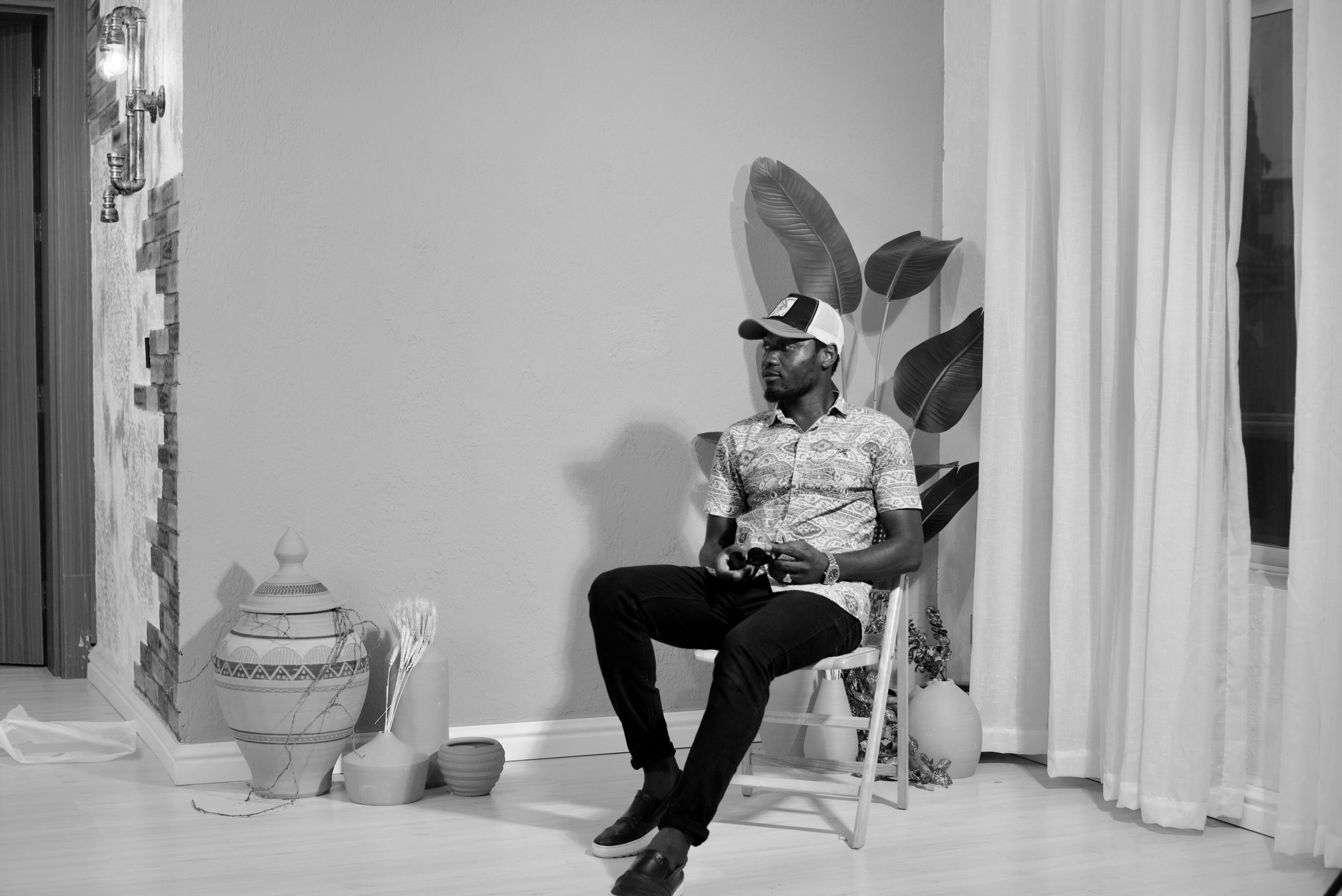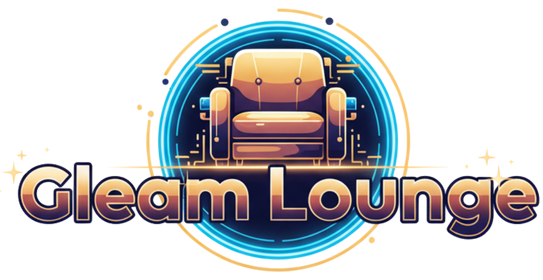Exploring Alternatives to Traditional Home Ownership Models
Home ownership has long been considered a cornerstone of the American dream. For many, the idea of owning a home symbolizes stability, security, and success. However, in recent years, traditional home ownership models have come under scrutiny. With rising housing costs, stagnant wages, and changing social dynamics, many people are now exploring alternative ways to own a home that better fit their individual needs and values.
The Problems with Traditional Home Ownership
While traditional home ownership may have its perks, it also has its downsides. One major issue is the financial burden it places on individuals and families. With the increasing cost of housing, many people are struggling to afford a home, resulting in high levels of debt and financial stress.
Additionally, traditional home ownership may not be suitable for those who prioritize mobility and flexibility. Many people, particularly young adults, are more interested in experiencing new places and pursuing careers, rather than being tied down to a single location.
Moreover, owning a home requires a significant investment of time and energy for maintenance, repairs, and renovations, which can be challenging for those with busy lifestyles or limited resources.
Exploring Alternative Home Ownership Models
Fortunately, there are several alternative home ownership models that are gaining popularity, offering new opportunities for individuals and families to achieve their dreams of owning a home.
Cohousing
Cohousing is a community-oriented model where individuals or families live in a cluster of private homes, sharing communal spaces and responsibilities. This model offers the benefits of community living, such as shared resources and a sense of belonging, while still allowing individuals to have their own private living spaces.
Renting to Own
Renting to own, also known as lease-to-own or rent-to-buy, is a model where renters have the option to purchase the property they are living in after a set period of time. This arrangement allows individuals to build equity and credit while also providing flexibility and reduced financial obligations compared to traditional homeownership.
Cooperative Housing
A cooperative housing model involves a group of individuals who jointly own and manage a housing project, sharing all the responsibilities and benefits of ownership. This model allows for more affordable housing options, as the costs are divided among the members. It also fosters a strong sense of community and collaboration.
Shared Equity Mortgages
Shared equity mortgages involve multiple parties (such as investors or not-for-profit organizations) investing in the property alongside the homeowner, reducing the initial down payment and mortgage amount needed. This model can help individuals achieve home ownership who may not have been able to otherwise, and it also allows for shared profits when it comes time to sell the property.
The Benefits of Exploring Alternative Home Ownership Models
There are numerous benefits to exploring alternative home ownership models. One of the most significant advantages is the potential for reduced costs and financial strain. By choosing a different home ownership model, individuals can save money on purchasing a property, monthly mortgage payments, and home maintenance costs.
Alternative home ownership models also provide increased flexibility and mobility. With the rise of remote work and flexible career options, many people are no longer tied down to a specific location. These models allow individuals to move and travel freely without the burden of owning a traditional home.
Moreover, alternative home ownership models often promote a sense of community and social connection. By living in close proximity to others and sharing common spaces and responsibilities, individuals can build stronger relationships and a support system.
Conclusion
While traditional home ownership may have been the norm for many years, it is not the only option for owning a home. Exploring alternative models can offer financial benefits, flexibility, and a sense of community. As housing costs continue to rise and society evolves, it is important to consider all the available options to find the right home ownership model for you.










